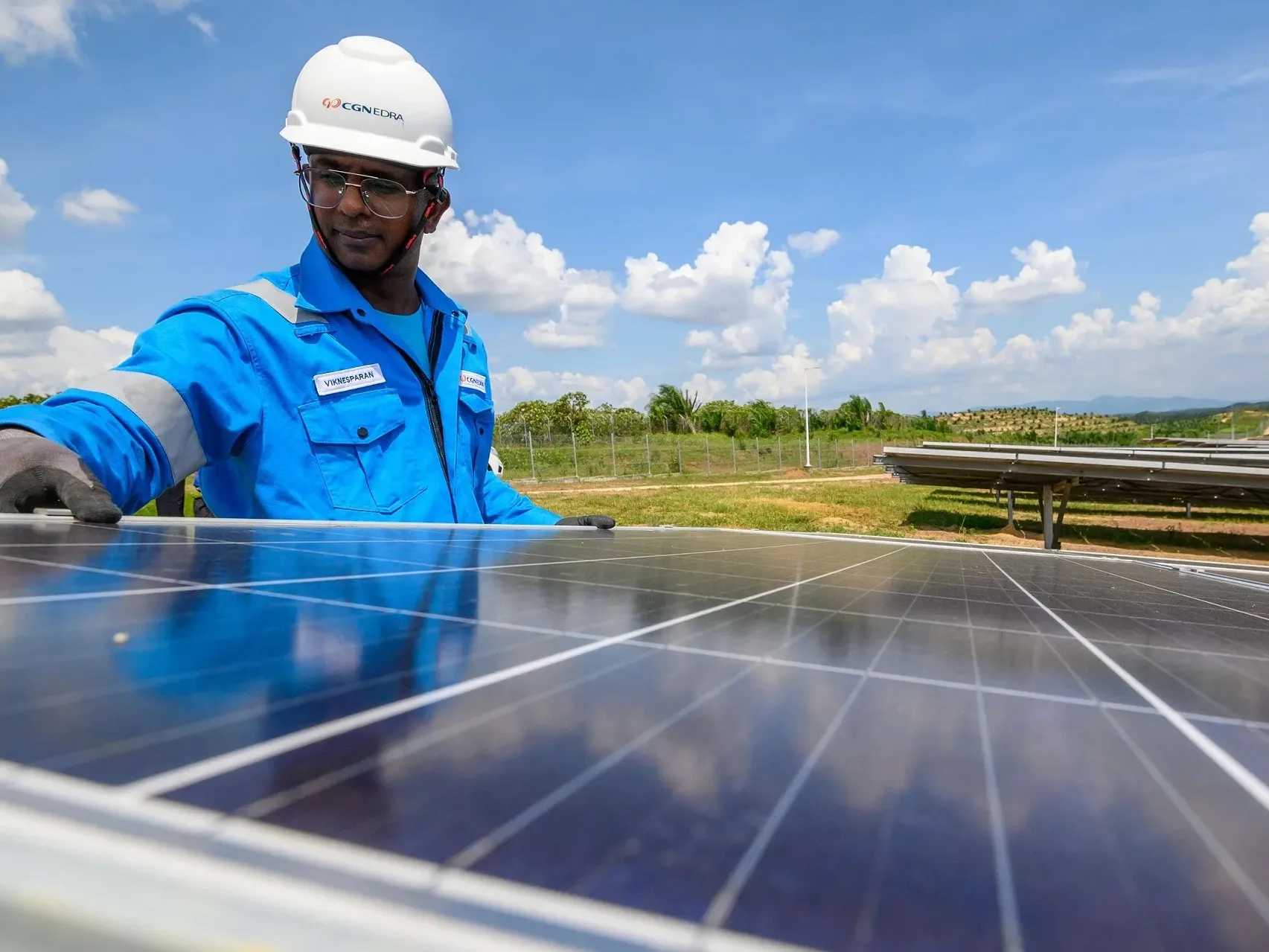- Russia is pushing more global goods to the north

As part of Russia ’s larger Arctic infrastructure strategy, a 500km railway from Karpogory to Indiga is now under construction.
Acting Arkhangelsk Governor Alexander Ziblsky said: "In general, this is absolutely normal, uncomplicated terrain, no particularly expensive work."
The railway is a larger project of the Belkomur line, estimated to cost 200 billion rubles.
Belkomur is a long-planned railway line from Solikamsk in the Ural Mountains, through Syktyvkar in the Komi Republic, to Arkhangelsk on the White Sea. This railway across Russia ’s northern Europe will shorten the distance between the Ural Mountains and Siberia to Arkhangelsk by 800 kilometers.
According to reports, the village of Indiga on the coast of the Barents Sea has already spent US $ 5 million to prepare a deep-water port open all year round. When the large-scale construction of port facilities begins in 2021, there will be more money in the pipeline. According to AEON, a private investment fund, before the port is officially opened in 2025, investments may exceed 300 billion rubles (US $ 4.13 billion).
Russia ’s new Arctic hub in Indiga will have the capacity to handle between 8 and 200 million tons of cargo per year. The cargo shipped through the Indiga port to the ice-free Barents Sea includes coal, wood and paper, fertilizer and chemical products. The product will be shipped to the world market from Kazakhstan, Kyrgyzstan and China via the new railway.
If it is put into use by 2025, the Indiga hub will become the first major hub connecting Asia and the Arctic.
China funded construction of deep-water port
Nevertheless, the Belkomur Railway is expected to greatly facilitate transportation through the deep sea port of Arkhangelsk. The deep water port of the Dvina Delta outside Arkhangelsk will be partially funded by China.

Arkhangelsk deep sea port
In 2016, the Arctic transportation and industrial center Arkhangelsk and Beijing Poly International Holdings Co., Ltd. signed a letter of intent for the construction of a deep-sea port.
Igor Orlov, then governor of Arkhangelsk, said at the time. "China is our key partner in implementing Arctic projects, including the most important bug projects,"
His successor, Alexander Ziblsky, now expects the Belkomur Railway and the branch road to Indiga to bring greater economic growth.
Zibulsky said: "We will be able to handle most of the export goods now transported through St. Petersburg, thus providing our investors with economic conditions to enable them to develop more actively without wasting transportation costs."
Borrow Kyrgyzstan from China
The acting governor pointed out that Kyrgyzstan is a major player in transporting goods to the Arctic and out of China. Kyrgyzstan is about to make an investment decision on railway construction. They plan to build it nationwide to transport transit goods from China, and then connect the railway network to neighboring countries.
He elaborated on these contents: "If we take Kyrgyzstan ’s goods first, then the quantity is not much. I think as much as 5 million tons. Then we can get some Chinese goods. In addition, we can get the highest level from Kazakhstan. 'S annual agreement to transport about 3-40 billion tons of coal. "
Is it economically reasonable?
Not everyone believes that, at the speed predicted by the Russian authorities, changes in Asia ’s global transportation of goods through the Arctic will occur.
Arid Mo, a research professor at the Frittjof Nansen Institute in Oslo, Norway, has been studying Russian Arctic investments and North Sea routes for decades. He said that several development plans for North-South transportation links are under discussion.

Professor Arid Moshu is an expert on Russian Arctic shipping and infrastructure
Professor Mo said: "The Berkomur Railway from Ural to Arkhangelsk has been discussed for many years, but there has been no progress on the ground. Indiga originally planned to be a LNG receiving station, but the project has been abandoned. The demand is very high. "
He added: "It is unclear if the destination is the Western market, then it is economically reasonable to transport goods from Central Asia or China via the Arctic." Editor / Huang Lijun
Comment
 Praise
Praise
 Collect
Collect
 Comment
Comment
 Search
Search














Write something~